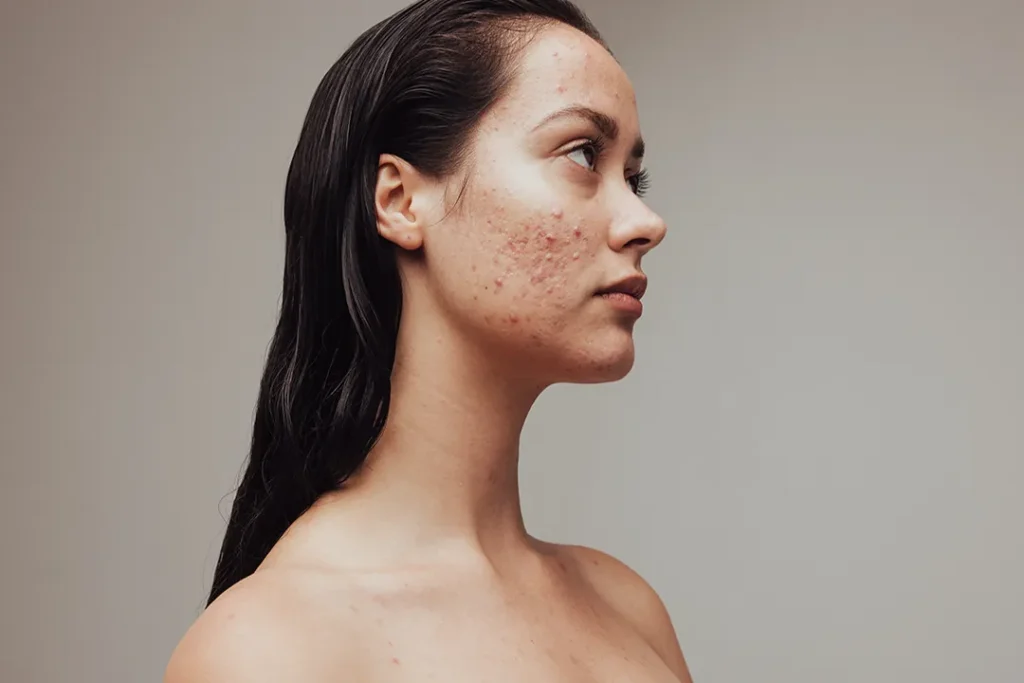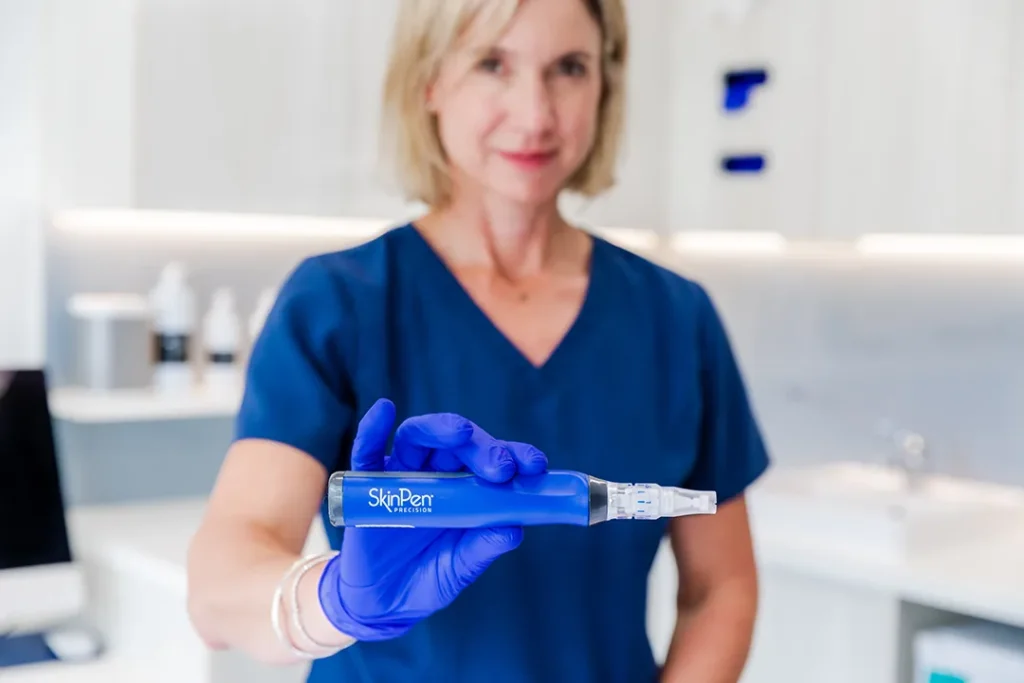According the American Skin Cancer Foundation, the most commonly employed treatments include:
- Surgery
- Radiation
- Cryotherapy (freezing with liquid nitrogen)
When lesions are discovered early, the cure rate is nearly 100%. “That’s good news, but it doesn’t mean you should be cavalier about lip cancer,” says Dr Austin. She notes that while lip cancers have relatively low rates of spread to nearby lymph nodes, the relapse rate after treatment can be as high as 35%. “The mortality associated with recurrent squamous cell carcinoma of the lip is as high as 15%,” she reports.
5 Signs of Lip Cancer
Can you identify the first signs of lip cancer? We can. The skin experts at our Sydney practice are trained to spot early warning signs such as:
- Sore, blister, lesion, bump or ulcer on the lip that doesn’t heal
- Red or white patch on lip
- Lip pain
- Bleeding lips
- Swollen jaw
“Lip and oral cavity cancers may not have any symptoms at all,” cautions Dr Austin. “That’s why it’s important to be examined regularly by a professional qualified to diagnose and treat this all too common problem.”
4 Ways You Can Help Prevent Lip Cancer
Lips are made of skin, just like the rest of our bodies, but the skin on your lips is thinner and more sensitive to trauma than the rest of your body. Making your lips even more vulnerable to the sun is the fact that they have no melanin. Despite these facts, “Scientific studies show that up to 70% of people who visit the beach do so without lip protection,” reports Dr Austin. “Even those who do use lip protection may not use the right product or reapply it frequently enough.”
To help keep your lips moist, fresh and cancer-free, Dr Austin recommends using a lip balm each and every day, regardless of the amount of sun outside. Look for:
- SPF factor of 30 or above
- Broad spectrum coverage (protects against UVA and UVB rays)
- Putting on balm 30 minutes before sun exposure
- Reapply every 2 hours (more often if you’re swimming)
Lip Cancer “Check Up” at Austin Clinic
In order to determine whether a patient has or is at risk for cancer, we perform:
- Physical exam – an up-close exam to look for obvious and subtle signs of cancer such as the ones described above.
- Biopsy – should Dr Austin believe that cancer is present, she will remove a small tissue sample to undergo laboratory testing. Tests reveal:
- Whether cancer is present
- The specific type of cancer
- How aggressive the cancer is
- Imaging Tests – CT, MRI and PET scans may be ordered if there is concern that the cancer has spread.
Your lips do a lot for you. It’s only fair that you do something for them. We invite you to visit us at Austin Clinic for a lip cancer check-up and information on keeping your lips in kissable condition. Please call us or use our online contact form.




